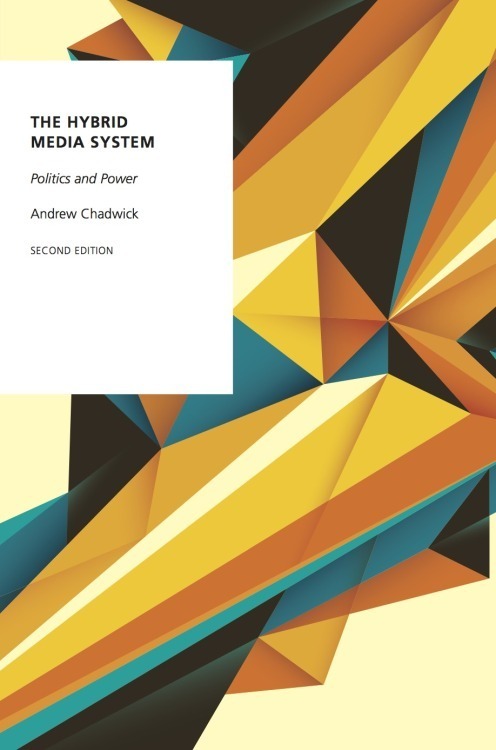New Everyday Misinformation Project study: The Trustworthiness of Peers and Public Discourse: Exploring How People Navigate Numerical Dis/misinformation on Personal Messaging Platforms
/Numbers have unique power in public discourse. For instance, some past research has shown that reporting statistical information increases the credibility and quality of news for audiences, and medical messages are more trusted when they contain numbers.
But numbers have often been used in misleading ways. There is a long history of spurious numerical claims about climate change, public health, and immigration. Poor objective and subjective numeracy also mean many people struggle to judge statistics.
This makes numbers especially relevant to the study of mis/disinformation, yet there is surprisingly little research on the topic.
Using data from our in-depth, longitudinal qualitative fieldwork, in our new article we explore how people gauge the trustworthiness of numerical dis- and misinformation on personal messaging platforms.
Read more at the Everyday Misinformation Project’s website and download the open-access article for free.




